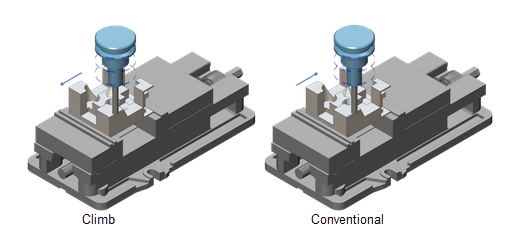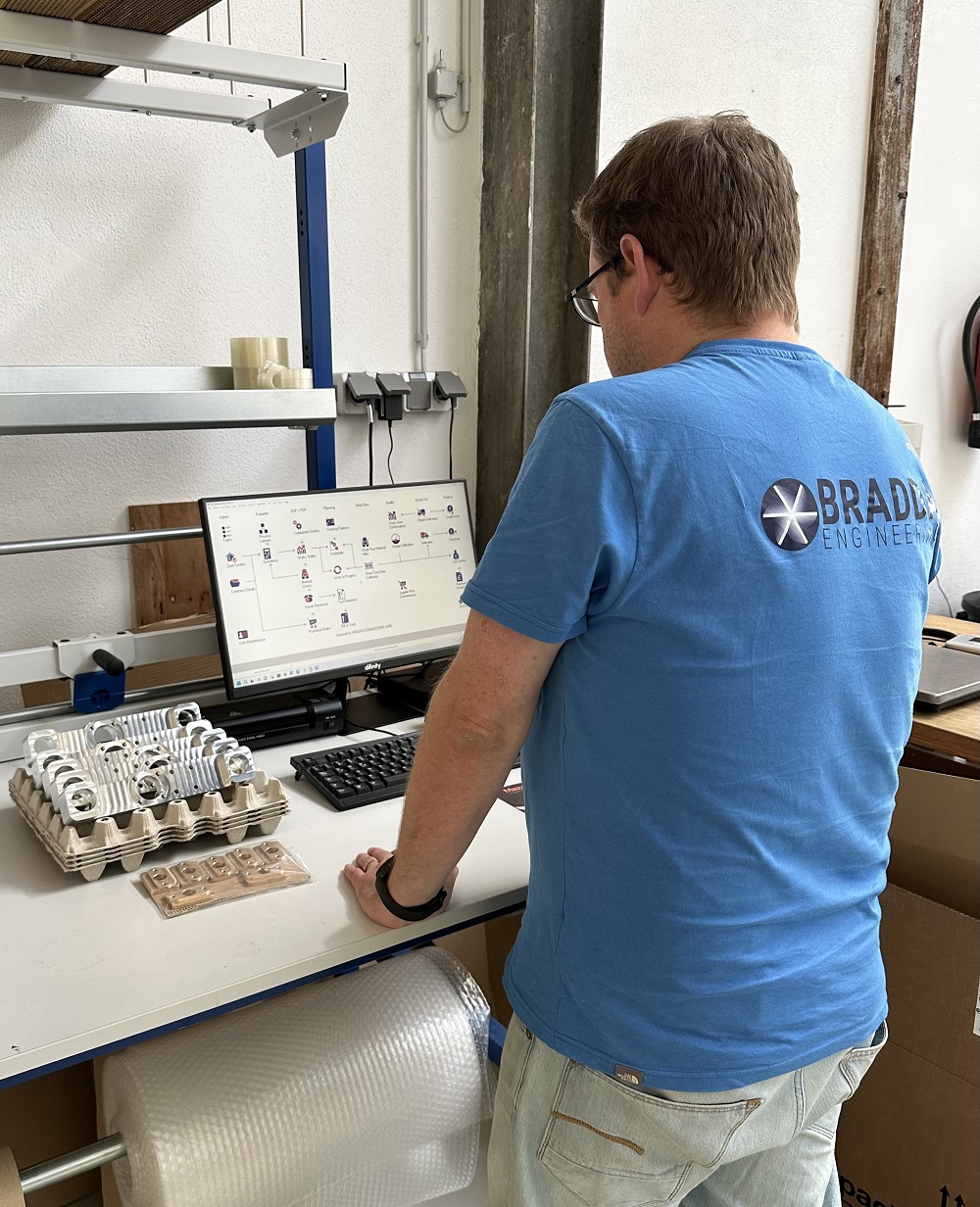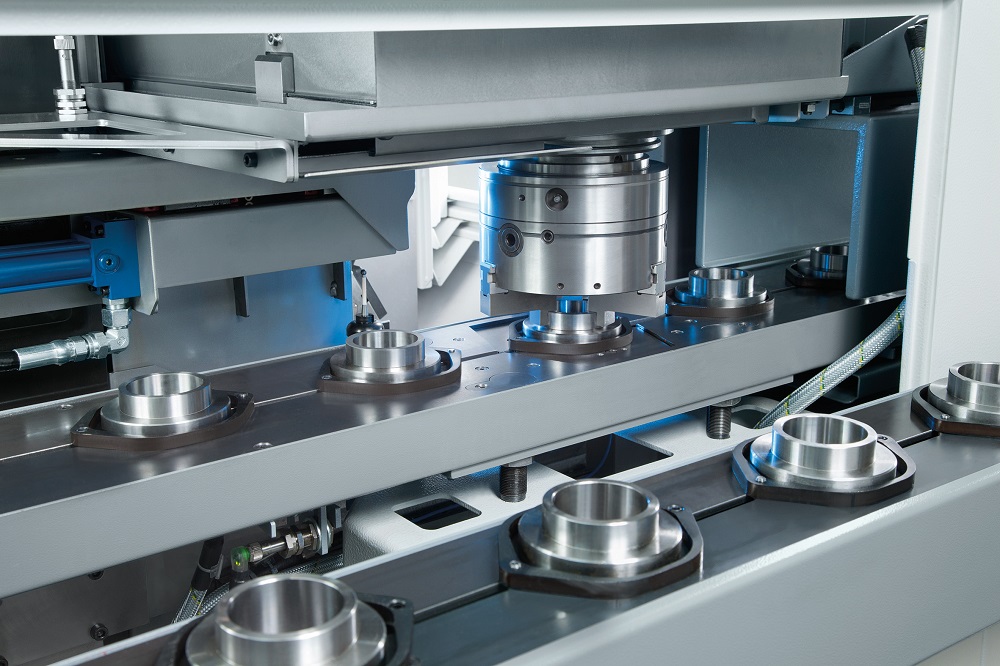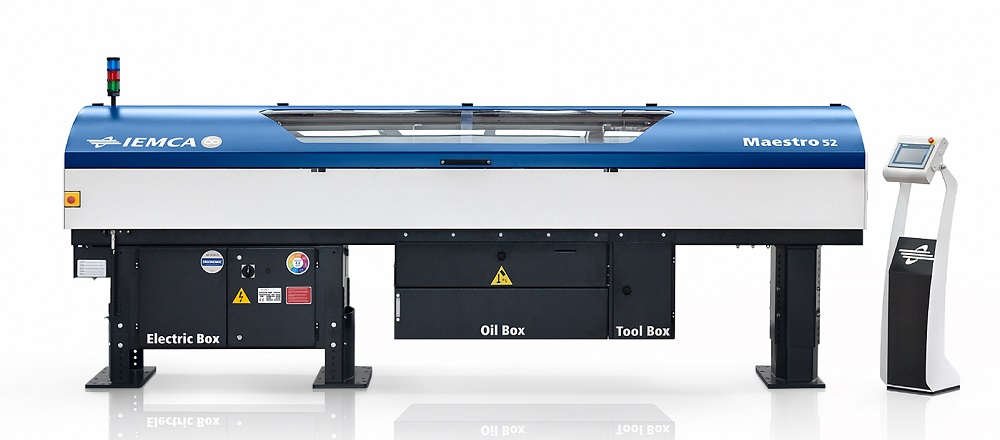One of the first, vital tasks for Bradda Engineering was to invest in a production control software system. PSL Datatrack was identified as meeting all of the start-up company’s initial requirements.
“The control that PSL Datatrack would bring to the business was clear,” states Bradda Engineering’s owner Kenneth Oates. “We are primarily engineers and PSL Datatrack takes care of everything so we don’t have to get bogged down in manual administration work.”
Experience told Oates that investment in production control software was essential in order to provide the highest levels of customer service.
“Understanding how to make the most of stock and materials so that we could be as efficient as possible with minimum waste was a prerequisite,” he says.
PSL Datatrack manages the generation of quotations and all the engineering steps required until delivery and final invoice. Upon raising a works order, the system generates a material requirement and the purchase orders module is used to place an order with the supplier. Users can trace the job through the shop floor, with data collected on operational costs, tooling, materials and machining processes.
Oates initially researched a number of production control systems, but few seemed to fit the exact needs of a small engineering company.
“They did not seem flexible enough and were quite complicated to use,” he says. “We also wanted the modularity that would enable us to build up a system as we grew and attracted more customers.”
Having recognised the real potential of PSL Datatrack and how it could help a growing company, the company invested in more modules than originally envisaged. The administration, sales, purchasing, scheduling, shop-floor data collection and financial modules were installed from the outset.
For further information www.psldatatrack.com



















